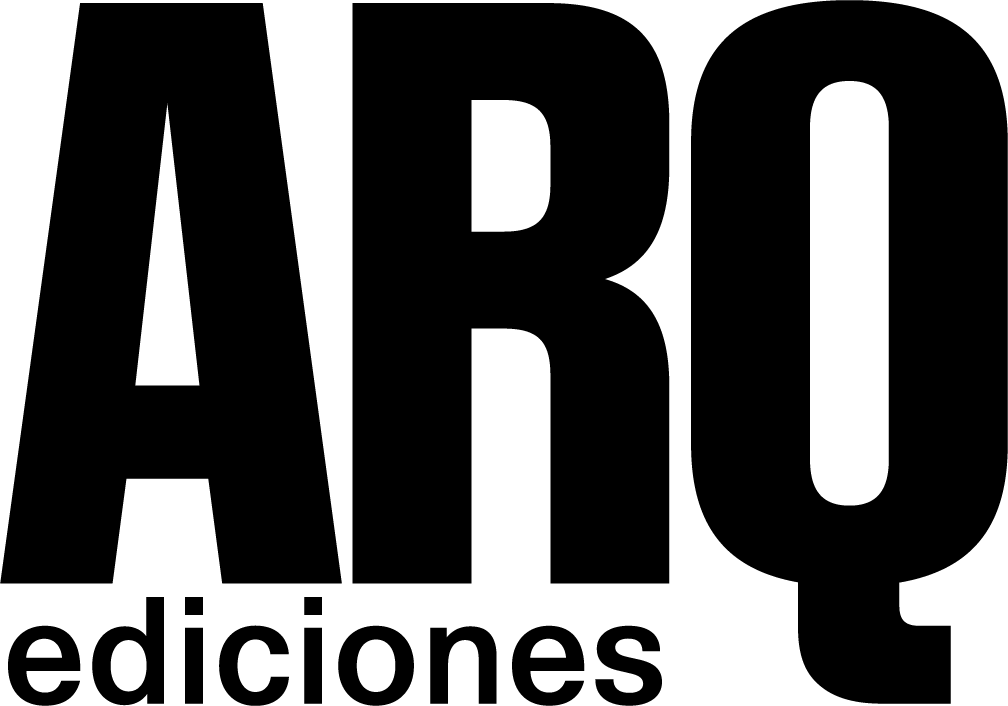ARQ 111 | Degrowth / Decrecer
(August 2022)
(August 2022)
Marcelo López-Dinardi (guest editor); several authors
Journal issue; Softcover
20.6 x 27 cm | 156 pp.
Spanish + English
The report The Limits of Growth was published fifty years ago using early computer simulations inquiring about economic and population growth and limited natural resources. After the questions it raised, time has proven general inquiries decisive: incessant growth in an irreversible-resources planet is an obsolete paradigm — even more, if applied evenly throughout the globe. Chile is one key example as its territory and peoples were core subjects for the neoliberal experiment and served as a model for ‘developing economies,’ and still has some of the most unequal societies (OECD). Are there alternatives to growth? This ARQ issue explores degrowth’s premises by situating its principles across geographies.
Buy
Buy Internationally
Read on ARQ+
PDF (SciELO)
Journal issue; Softcover
20.6 x 27 cm | 156 pp.
Spanish + English
The report The Limits of Growth was published fifty years ago using early computer simulations inquiring about economic and population growth and limited natural resources. After the questions it raised, time has proven general inquiries decisive: incessant growth in an irreversible-resources planet is an obsolete paradigm — even more, if applied evenly throughout the globe. Chile is one key example as its territory and peoples were core subjects for the neoliberal experiment and served as a model for ‘developing economies,’ and still has some of the most unequal societies (OECD). Are there alternatives to growth? This ARQ issue explores degrowth’s premises by situating its principles across geographies.

